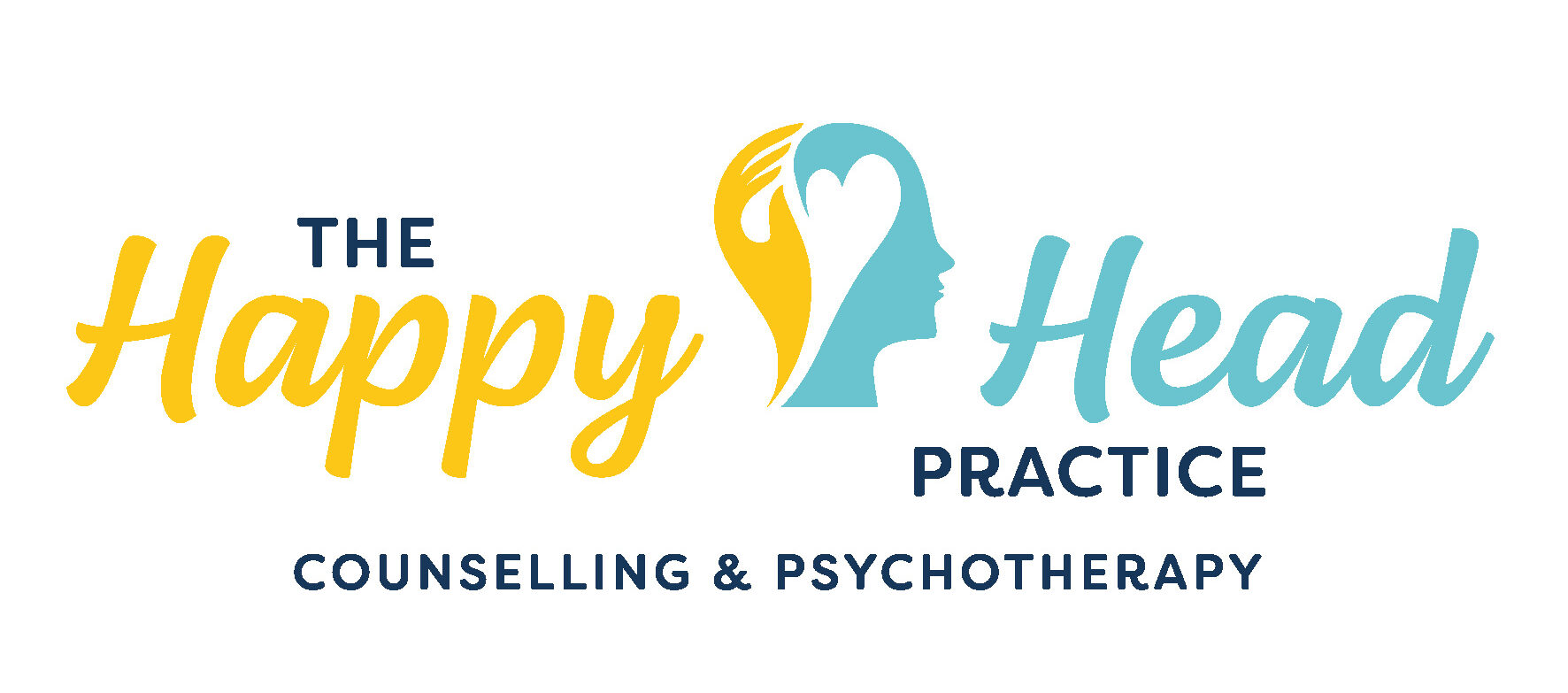

Relationship Therapy and Couples work
I want you to know that you don’t have to wait until your relationships are falling apart before you seek therapy.
If you want a deeper level of connection, real gratitude for each other, and more fulfilling relationships, then therapy helps.
When there is conflict, we rely on what we’ve learned from our family systems, and if we’ve learned avoidance, then there are some very simple ways for us to learn new ways of being with each other.
It’s not black and white – relationships are always in the grey, and we can learn new ways of relating and healthy communication patterns.
Warm Regards,
Heidi

Why do couples seek therapy?
Couples may seek therapy for many reasons; often, their relationship is breaking down, and it isn’t easy to be together. There may be dissatisfaction on one part or the other. Often, therapy is initiated by one of the couple.
Other reasons may include affairs (physical or emotional), addiction and recovery, or disagreements with parenting styles. There is never one person who needs to do the work; in order to improve the relationship, both parties need to be equally engaged.
Two people may engage in therapy because they want to improve their relationship, heal wounds, and repair fractures, They want to understand more about how to be understood or listened to.
Sometimes people come to relationship therapy because they want a good ending for themselves or for other family members. They might be aware that the relationship is ending, and yet still need to communicate effectively in order to co-parent.
It is becoming more popular for couples to enter therapy before they marry or make a long-term commitment to learn how to improve communication and to prevent any future problems.

What will we get out of therapy?
Accessing therapy is not easy. Couples get out what they put in. Often people want change but aren’t always prepared to put the work in to make the change.
Doing the work together, in and out of session, is important in making changes and learning the skills that will help repair any ruptures or improve communication.
Each person is responsible for their own happiness – that is primarily your responsibility, and you do that by communicating your needs.
It’s impossible to list all the benefits of relationship therapy but here are a few:
- An understanding of a healthier relationship, a more comfortable, fulfilling, and happy life.
- An understanding of what their own relationship template is and how that is impacting your current relationship.
- Losing the comparison with others. Focus on their own relationship world.
- Gathering a toolkit of things that can help you in all your relationships – not just your significant other.
- If one person has neurodiversity or addiction issues, it throws up additional challenges and influences how people communicate.
- Blended families – managing their own children, the children of their partner and the children of the relationship.
- Managing other family members -for example, parents.
- Exploring whether the relationship is right for them both or whether they need to consider other options.
- Enhancing emotional intimacy – addressing issues with erectile dysfunction to improve our physical connections with each other and emotional intimacy.
- Intimacy at all ages and through all stages
How often should we meet?
Couples can use anything from a single session to between 10 and 30 sessions. We can discuss that in our initial session to see what will work for you. I suggest weekly to start with. However, that’s not fixed. It’s all up for discussion.
Some couples use therapy as a maintenance service, much like you would with a car. They do some initial work and then will check in occasionally if something tricky comes up or to ensure they are still getting the most from their relationship.
Do you only see couples?
No – relationships exist between us all, so sometimes, a couple who are living with addiction or recovery might bring a parent along to help them understand situations and what support looks like.
What are the next steps?
Get in touch to book an initial conversation.
I see each of you individually first to determine what your relationship goals are, and to find out if there is something that you need support with individually.
There are no secrets in relationship therapy; I take a cards-on-the-table approach.
I work online, and you can log in to Zoom together for the session. All the details will be sent over when you book your first session with me.
Fees
My fees are £80 per hour during the day.
Evening sessions are £90 per hour.
